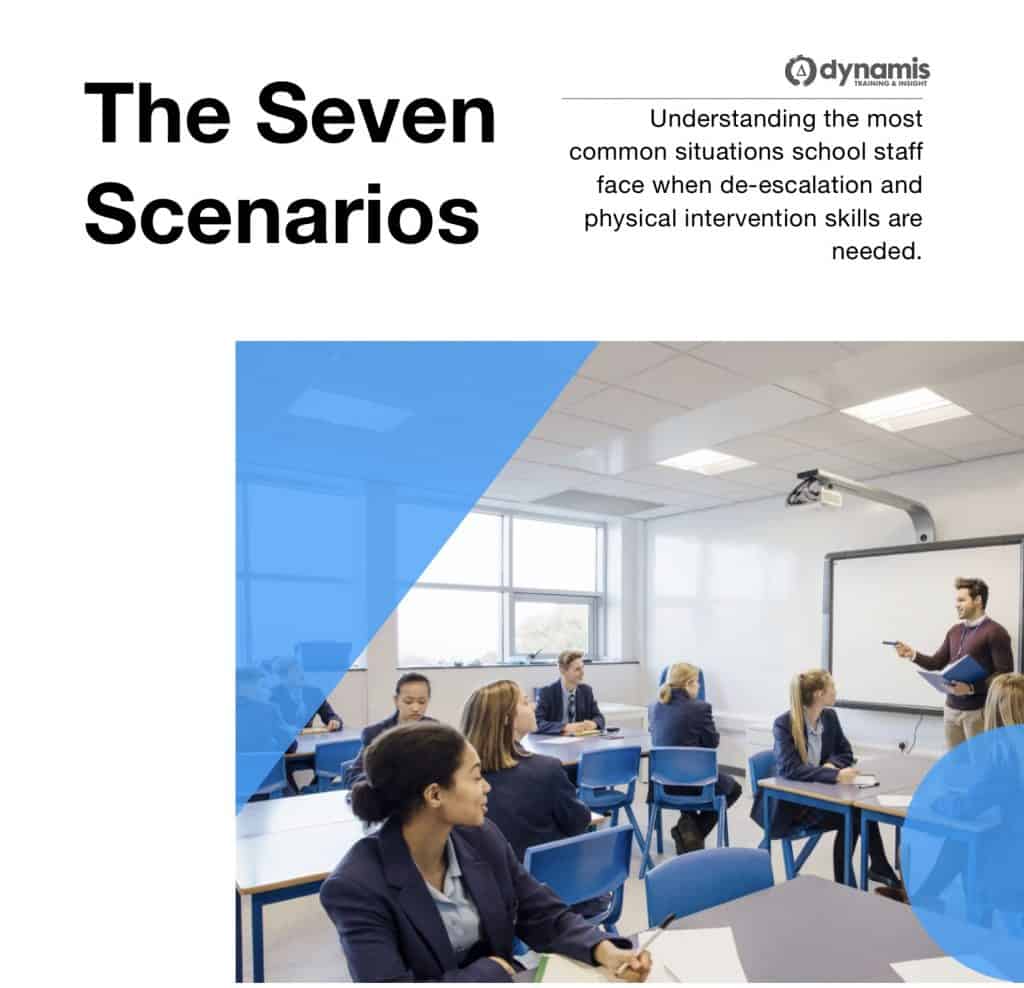THE PROBLEM OF SHORT-DURATION COURSES AND THE ISSUE OF CREATING “MORE QUESTIONS”
Can you send us a trainer, to do an hour of training?
I recently spent a full day at one of the biggest Sixth-Form colleges in the UK, who have 3,700 students on their rolls! The assembled team – few in number – were committed to the training for a full day, and the training included the Principal of the institution, who I am sure had many other pressing issues to attend to! I was impressed by this commitment, as it showed that the college were aware of the level of exposure to risk if the staff team didn’t have the knowledge and the consistent response needed to be successful in creating a safe environment on their campuses.
They sent a whole team, for a full day of training.
We were asked recently to “send someone to do an hour with all the staff”
Consider that the forseeable results of a badly managed physical intervention at your school could be:
– a child with a life-changing injury
– a staff member with a life-changing injury
– career-ending legal proceedings against the staff member
– career-limiting prosecution of management decisions
What we find with short-duration whistle-stop-tour sessions is that they create MORE discomfort and MORE hesitation in your team, simply because there is not enough time to give them the information (outlined above) which they will need to make a professional decision in a high-stakes encounter with students who are presenting with physically risky or harmful behaviour.
We are pretty sure that you and your staff will want to know:
– are they required to intervene to break up fights?
– if so, how should they do this?
– what if they don’t feel they have the strength or skills required?
– what rights do they have under law to use physical force?
– how should they justify a use of force, for example under interview or in an incident report?
– are they allowed to protect themselves? if so, how and what does it look like?
– how to work as a team to manage physical behaviours?
– what are the prohibited techniques for use with children and why?
What we think they ALSO need to know is:
– how to establish a social contract in their environment
– how to initiate contacts with students in a way which is ‘non-escalatory’
– how to maintain their professional composure under verbal abuse/intimidation
– how to be persuasive and how to redirect behaviour
I hope the above helps and that you can find a way to give this training the time and resources to properly control your risk and safeguard your team and your students.
To learn more about how we help secondary schools and colleges, visit: https://www.positivehandling.co.uk/secondary-schools-and-colleges/
THE SIX SCENARIOS SCHOOLS ASK US TO HELP THEM WITH (video – 3 mins)
https://www.youtube.com/watch?v=aki5V2CfURE




